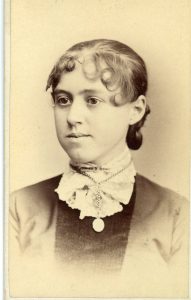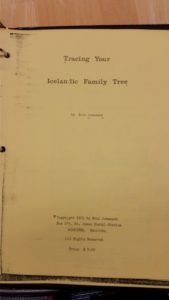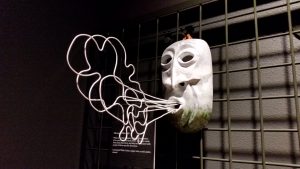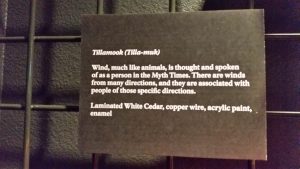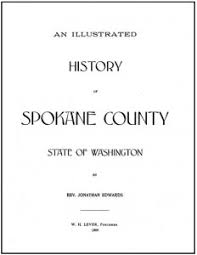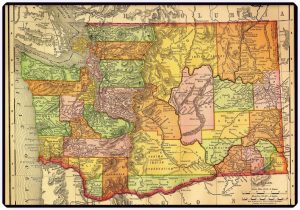
My newspaper, The Spokesman Review, is both blessed and lucky to have Jim Kershner as a regular correspondent. Here is his bit from Sunday, 9 Sep 2018……. and fits well for a WSGS Serendipity blog post:
A mass meeting of citizens in Krupp, Wash., west of Odessa, unanimously voted to petition the U.S. Post Office and the Great Northern Railway to change the name of the post office and the station from Krupp to Marlin.
With war raging against Germany, people had turned against German-sounding names. The name Krupp was particularly problematic, since it was the name of a German munitions company.
Apparently few were in favor of keeping the name Krupp. Yet plenty of debate was devoted to selecting a new name. Some of the suggestions included Wheatland, Marne, Merica, and Wheat.
They settled on Marlin, in honor of Henry Marlin, one of the earliest settlers in the area.
“Marlin raised 12 children here, and his cattle ranged all the way between what is now Odessa and Wilson Creek,” said a correspondent.
The name of the post office was, in fact, duly changed to Marlin. Yet changing the official name of the town itself was another matter. The town had already been incorporated as Krupp in 1911, and to this day it has never been changed, even though the post office is still named Marlin.
On maps, the name is sometimes listed as both Krupp and Marlin — or as Krupp, with ‘Marlin P.O.” in parentheses.
In the 2010 census, Krupp had a population of 48, making it the smallest incorporated town in the state.
In 1918, it had about twice as many residents.
Did you have ancestors who lived in Krupp…… or Marlin???


